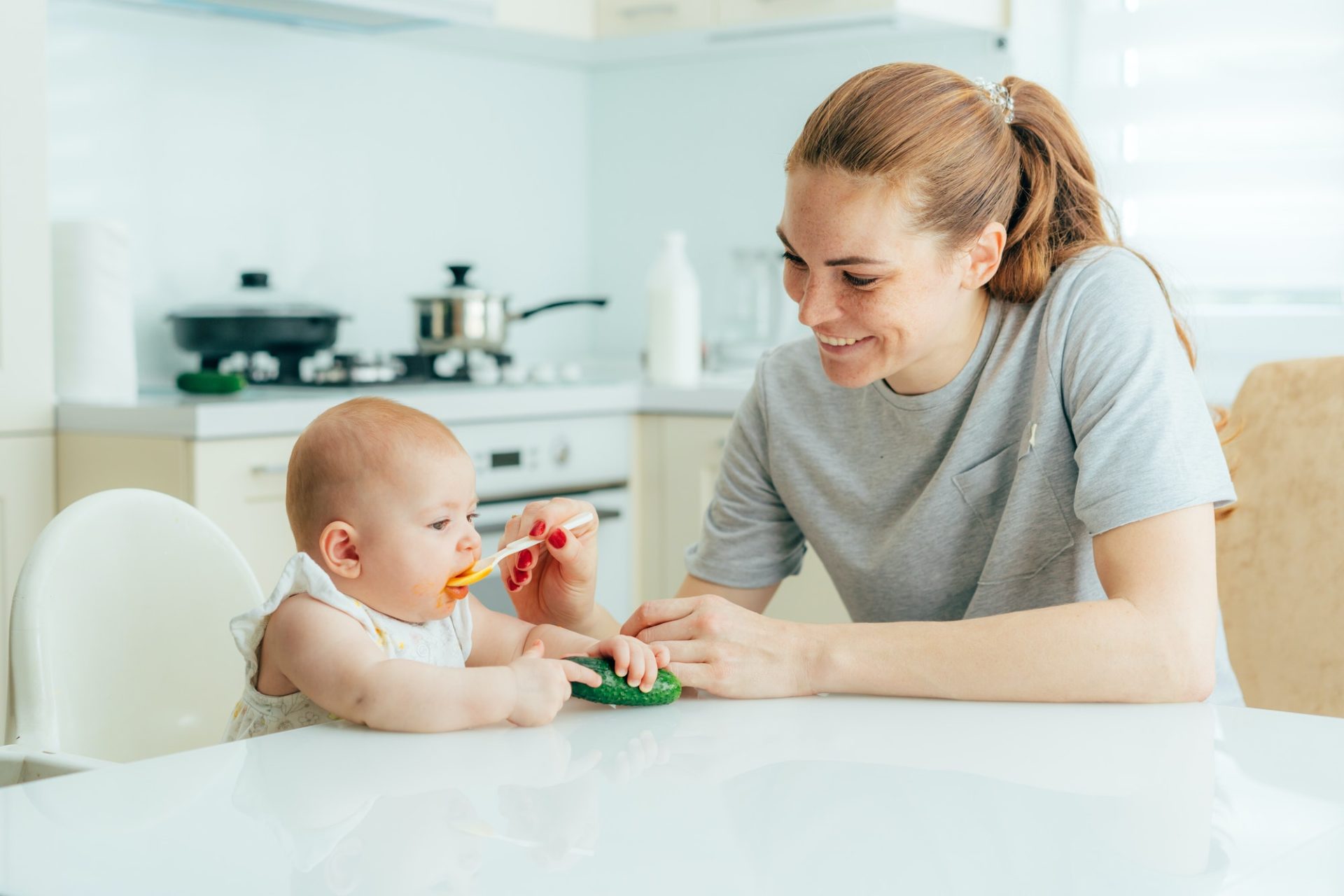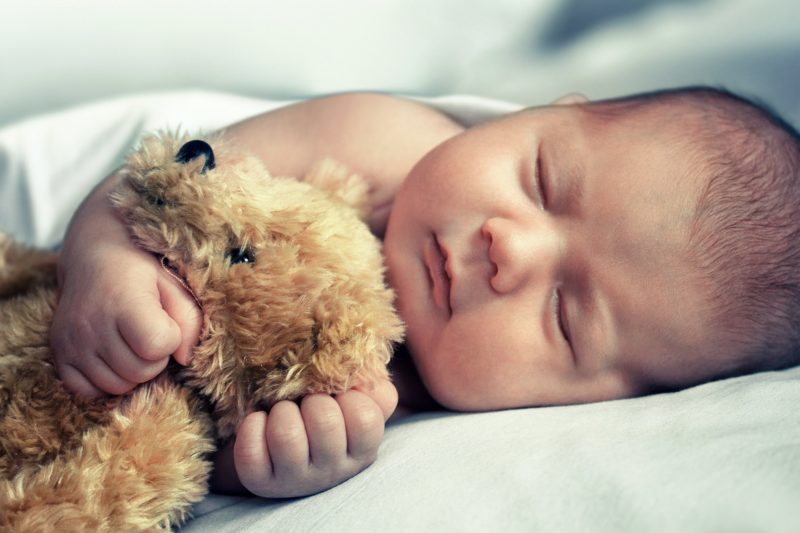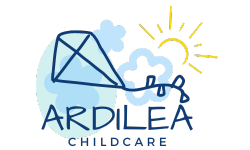Early Childhood Care
In early childhood care and education settings, care routines form an important part of the young child’s day. These are busy periods for educators, attending to nappy changes, sleep requirements and mealtimes, but also important times to nurture interactions. Aistear reminds us that ‘Care-giving routines are repeated, predictable moments in a child’s life around bodily functions such as nappy-changing, sleep-times and meal-times’.
Care Routines
Successful care routines involve the educator communicating with a nice tone of voice, explaining to the child what they are going to do. For instance, ‘Eva, I am going to change your nappy’, then waiting for a response from the child. In many cases, for very young children, this response may be indicated through a smile, hands up to be lifted and a desire to go with the educator. Care routines are all about timing. Young children are often more willing to cooperate when educators are alert for moments when children are free – have finished playing or when there is a natural lull. This is a good opportunity to indicate to the child that it is time to change their nappy. While we are all aware that care routines must be carried out, we are also aware that a few minutes here and there ‘outside of the clock’, to go with the needs of the child is equally important! ‘Slowing the clock’ and focusing on the interaction throughout the care routine itself supports the child to adapt and enjoy the experience more.


Meal-times
Meal-times can be wonderful moments to nurture interactions with young children too! Naming your actions, e.g. ‘I am going to get a snack ready for you (use the child/s name)’ and involve the child/ren with little tasks – putting the spoons and beakers on the table. Have a snack with them, and put words on what they are doing, such as ‘Eva you are having a big drink’! Use this time of day to extend language by naming your own actions and those of the children. No need to rush, be mindful that some children are slower to eat and enjoy exploring their food too! Time spent with the child/ren in an unhurried way, smiling, and giving undivided attention lets them know you value being with them. You also get to know them well by watching for their reactions and responding to their cues for support. When a child indicates that they are finished, you can put words on it – ‘ah I see Jack you are finished!’ – and then checking what he would like to do next! All indicators of respectful interactions, which will help to build self-esteem in young children, letting them know they were seen or heard.
Sleep-times
When it comes to sleep routines, all the above are important too, as is hearing from parents about the child’s preferences! On a recent visit to a German kindergarten, I watched how toddlers were so active in preparing for their nap, having little mats on the floor to sit on, taking off their own shoes, socks, bibs, and outer clothes. All the time the educators named what the children were doing, and encouraged them to be independent, but staying with them, smiling and encouraging! Nurturing warm interactions as the toddlers waited with glee to hear a comment when they had taken off a sock, stretching it across their little foot, until it pulled off with a jerk. Again, I watched with interest how the educators slowly re-introduced the toddler back to the group when they woke up from their nap. No rush, easing the child back slowly, all at the child’s pace, but also completing all the parts of the care routine. In Ireland, I have also observed warm, loving interactions during care routines, where educators were alert and responsive to the child’s cues for support and encouragement.
Ref: Early Childhood Ireland

